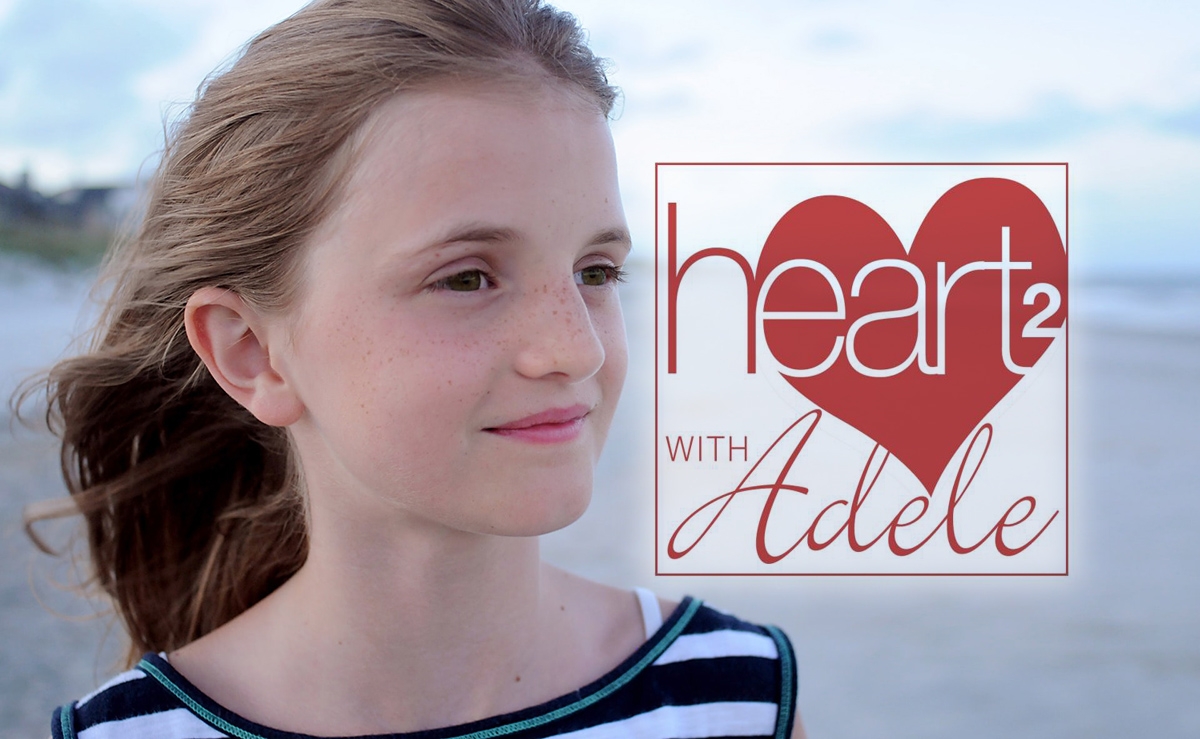
Your teenager and the dating dilemma
Question
Dear Adele,
Our seventh grade daughter has a crush on a classmate and wants to start dating. We know It is a normal part of adolescence but wonder exactly when is the best time to allow our young teenager the experience of dating. This is uncharted territory for her and for us. What advice do you have?
Navigating with Caution
Answer
Dear Navigating with Caution,
In 1981, psychologist David Elkind wrote a book entitled The Hurried Child. It is as relevant today as it was then. It spoke of America’s well intentioned parenting styles which actually pressured children to grow up too fast, too soon.
Doctor Elkind also felt that the culture was imposing enormous expectations on youngsters to display adult maturity. He suggested that forcing them into activities and behaviours for which they were ill suited emotionally, while they yearned and desired the innocence of childhood, was crippling for children. In his view, hurrying youngsters is detrimental to their healthy successful development
Doctor Elkind wrote many more parenting books including All Grown Up and No Place To Go, which added to the concepts in The Hurried Child. He addressed children who are burdened by enrichment activities. He also discussed how many parenting decisions are driven by the parents own personal needs, rather than the needs of the children.
I was reminded of the perspective delineated in these books when the question of teen dating was raised. It seems to me that children, parents and the culture are pushing the envelope in supporting dating for youngsters barely into their teen years.
When you consider that the human brain is not mature until about age twenty five, that education is often protracted into the twenties and that marriage rarely is recommended before the mid-twenties, the case for early one on one dating is weakened immensely. Far better, in my opinion, for young teenagers to practice social skills in group activities involving all kinds of different persons under the watchful eye of mature adults, without requiring emotional and social aplomb beyond a teenager’s ability.
Once parents decide it it time to start thinking about their teenager dating, they are wise to prepare and educate themselves on the many issues involved in this adolescent activity. They can become knowledgeable about the issues and become aware of the emotional and social maturity required to handle them well. Then, parents can marry that knowledge up with the thoughts of Doctor Elkind and decide whether or not teen dating at fourteen is right for their own child or whether it should be postponed until closer to sixteen or even eighteen and older.
An article by Amy Morin from Verywell Family entitled 6 Truths About Teens and Dating covers the basic information parents might find helpful to digest. The highlights are summarized below:
1 : Parents need to understand that teen dating is normal, as is ‘not dating.’ Each child must navigate his/her way through a first romance alone when they are ready.
2 : Dating helps to build relationship skills of assertiveness, communication, thoughtfulness, intimacy and independence. These are challenging especially if the teen has limited impulse control, a desire to press limits, unexplored sexual needs, or unrealistic ideas about dating garnered from movies, books or online.
3 : A teen needs to talk with parents about values, what to expect, peer pressure, safe sex, consent, respectful behaviour, romantic feelings, rejection and safety. Detailed basics include how to meet a date’s parents, being on time, cell phone use, safe sexual practices, birth control, handling disrespectful behaviours and information about gender and sexual orientation.
4 : Teens need some privacy. That being said younger teens likely need chaperoning depending on parental values, the maturity level of the teenager, the individual teens involved and the specific date arranged. Teenagers should earn the right to privacy on phone calls and social media messaging, based on parental judgement about his/her overall positive behaviour and capacity for making good choices in assorted areas of his/her life.
5 : Teenagers require and benefit from parental guidance during the years between ages 12 and 18. Topics especially to consider are sexuality, relationships, unhealthy behaviours or mean behaviours. Photo sharing and information sharing on social media needs discussion. Adults will want to share their experiences, listen well and offer advice.
6 : Safety rules need to be established, reviewed and insisted upon. Parents should get to know their child’s date in advance. Transportation to and from the date must be planned including the itinerary of the date. A tracking app on the teen’s phone is useful. It is best to establish a curfew and know who is on the date, when and where it is, and what the teens will be doing. Age limits for dating should be controlled because there is a huge difference in maturity between a fourteen year old and an eighteen year old. A parent should know who is at home to supervise ‘at home’ dates. Rules must be clear about online dating and dangers with technology like sexting and photo sharing. Teens must know and practice the Covid-19 protocols for masks and social distancing as may be recommended in their community.
As you reflect on this parenting choice, Navigating with Caution, you might be worried that your child will miss out on important social skill development opportunities if you do not allow her to date at this time. I have some research for you to consider.
Rebecca Ayer wrote an interesting article in Science Daily (September, 2019) entitled, ‘Teens who don’t date are less depressed and have better social skills’. This paper speaks of research out of the University of Georgia which found that ‘not dating’ can be an equally beneficial choice for teens or even better than dating. ‘Non dating’ students had similar or better interpersonal skills than dating peers. Teachers rated ‘non dating’ students significantly higher for social skills and leadership skills than dating peers. ‘Non daters’ were found to be less likely to be depressed. Doctor Pamela Orpinas, professor of health promotion and behaviour writes,
“….. ‘non dating’ students are doing well and are simply following a different and healthy development trajectory than their dating peers.”
The bottom line, navigating with caution seems to be that teen dating is normal and with guidance and controls a healthy adolescence endeavour. But so too is ‘non dating.’ What is best, and when, for your fourteen year old, is up to you and your judgement about the readiness of your teenager.
I wish you well navigating your journey with your daughter and commend you for researching this parenting decision so solicitously.
Sincerely, Adele









